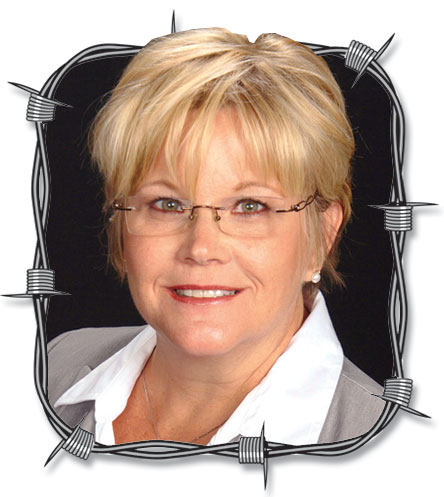As an agricultural lender that has financed quite a few construction projects in the past, I’ve compiled a list of tips that can help protect you:
Written Contract: No matter how well you know the contractor or how good their references are – get a written contract. The contract should include the following:
• Legal names and addresses of both parties.
• Detailed description of the work to be performed, type and grade of materials, and if material cost is included in the contract price.
• Who will obtain necessary building permits and insurance.
• Any subcontractors that will be used and what they will be doing.
• Total project price and agreed upon progress payments on completion of each stage.
• Project begin date and expected completion date.
• Who is authorized to make changes to the project on the behalf of both parties.
• Document that all changes must be in writing and approved by both parties.
• Require all workers, including employees of contractors and subcontractors, be bonded and insured.
• Clearly state how disputes will be handled.
• Contract should be signed and dated by both parties. Both parties should initial/sign and date each page of the contract and any attachments.
• Have building plans attached.
Be Present and Aware: Being knowledgeable is one of your best defenses:
• Know who is on your property and who they work for every day. This will ensure if a new subcontractor shows up, you know about it.
• Also, be cognizant of materials moved from your farm and taken elsewhere.
• If possible, be around when building inspectors show up so you hear first-hand issues or problems that the inspector uncovers.
Lien Waivers: A lien waiver is a document you have the contractor and subcontractors sign when payment is made to ensure nothing else is owed to them at that point. Example: Your contractor hires an electrician and he finishes installing the electric. The contractor then wants the money to pay the electrician. A this time, you would have both the electrician and the contractor sign a lien waiver stating he has been paid in full. This prevents the contractor from collecting from you and never paying the electrician. Without lien waivers, the subcontractors can file a mechanics lien on your property for non-payment.
Insurance: Notify your hazard insurance carrier prior to starting construction to confirm the building is insured during the construction period. You may have to purchase a different policy, or add it onto your existing policy, but you want to be sure you have coverage.
Once labor has begun, you will be liable for the work performed and you will have assets at risk once you make the first payment. Insure your investment from theft, fire, and weather related losses.
Kathy Daily is the Managing Director of First Financial Bank’s Farm and Ranch Division. (www.ffb1.com) Mrs. Daily has been an agricultural lender for over 30 years. Contact her by phone at 888-398-4119 or by email at [email protected]. First Financial Bank – Member FDIC





